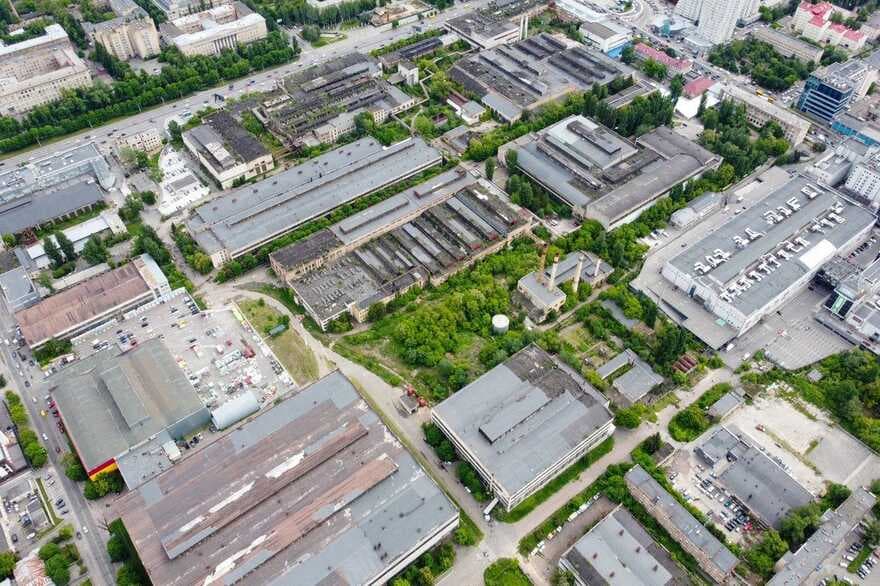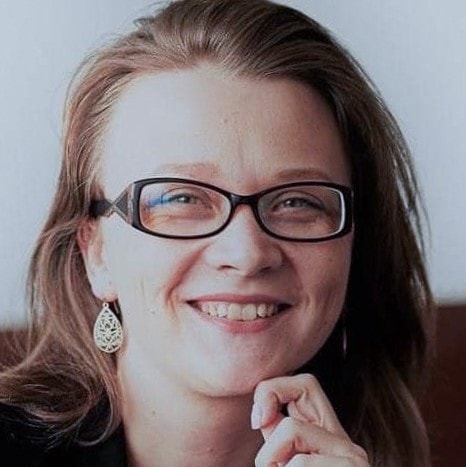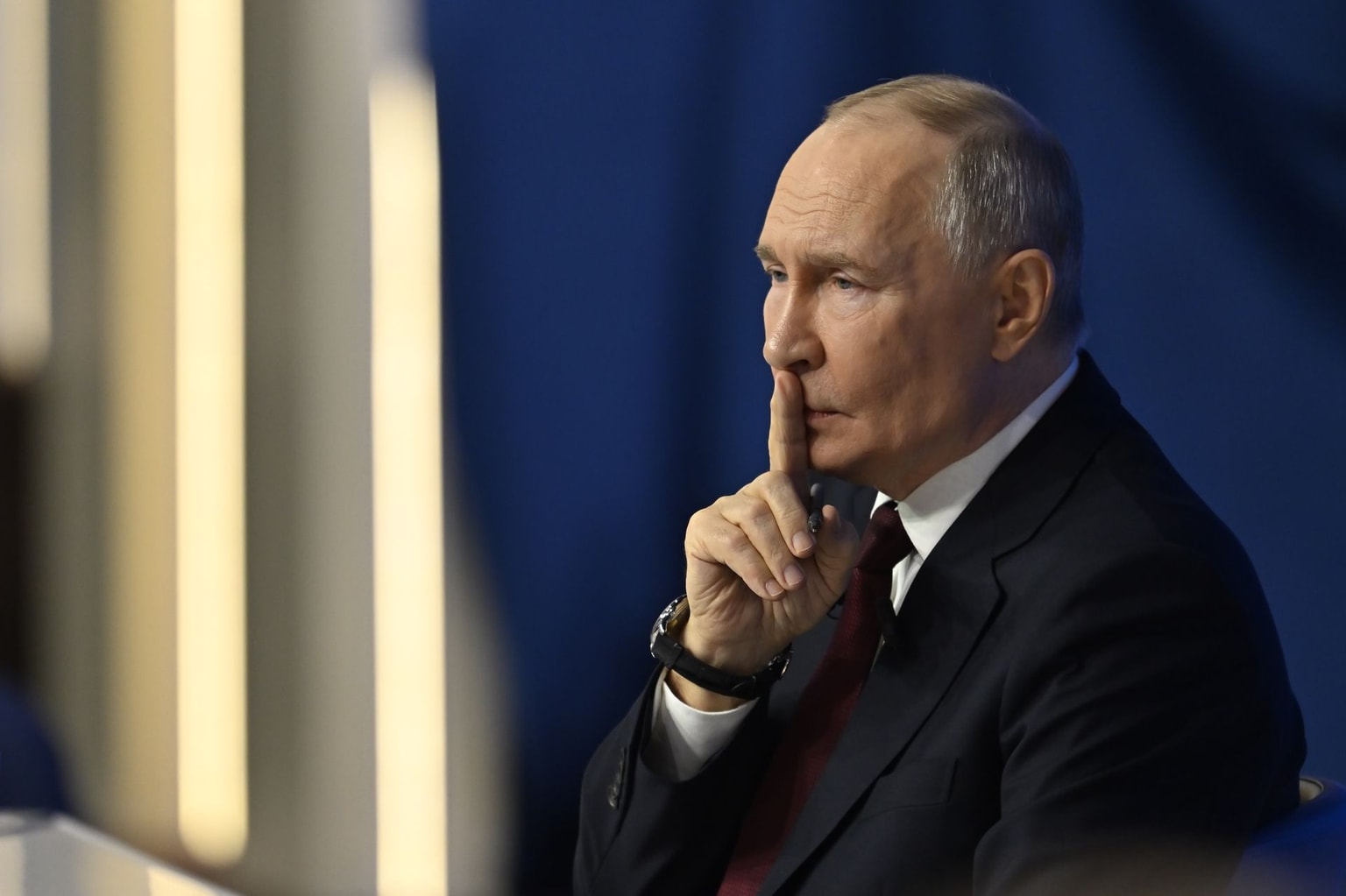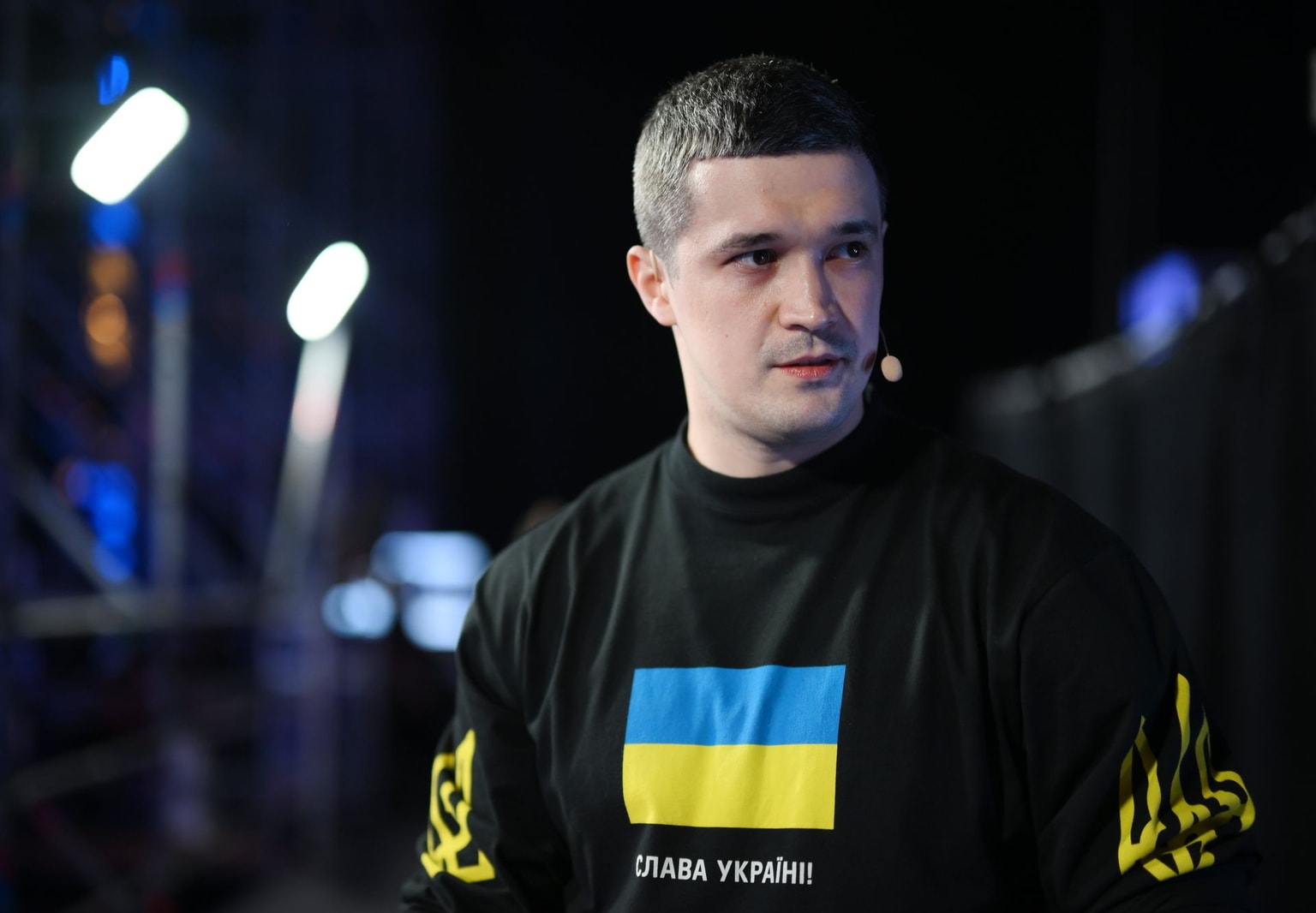New localization law seeks to revive decayed machine building industry

Ukraine’s public procurement relies heavily on imports: nearly 40% of items bought by the state come from abroad.
In the European Union that figure is five times lower, and in the U.S. its nearly nine times less, according to the Center for Market Economy Development.
The problem is particularly acute in the machinery sector, where around half of all government purchases are imported.
On Jan. 12, President Zelensky signed a law on “localization” for machine building procurement, ending a year-and-a-half of heated debates over the proposals.
The government plans to use the new legislation to revive the failing sector, which shrunk by 40% since 2011, and hit a joint record low of $6.1 billion in sales in 2020, according to a report by the Analytical Center for Economic and Legal Research.
The new law, which will enter into force in July 2022, sets a special procurement regime for 103 types of industrial machinery products for the next decade.
The list includes a wide range of products: diesel generators, railway cars, locomotives, helicopters, ambulances, buses, trams, trolleybuses, trucks, mining equipment, water turbines, and many others.
The share of Ukrainian-made components – parts, materials, services – in each procured product on the list will have to gradually grow from 10% this year to 40% by 2028.
“Want to sell a tram, bus or locomotive to Ukraine? Build a plant in our country or place orders at a Ukrainian industrial enterprise,” wrote сo-author of the law Dmytro Kysylevskyy.
According to Roksolana Pidlasa, a member of parliament with the ruling Servant of the People party, the new law could add 3.9% to Ukraine's gross domestic product over the next five years, and create about 62,500 new jobs.
“This is a restart of the state industrial policy,” said Kysylevskyy.
‘Compromise solution’
The final version of the law was modified with a number of amendments, and differs significantly from the initial draft.
Prior to the final vote on Dec. 16, lawmakers made several key changes to the bill, as it contradicted some of Ukraine's international obligations, including the EU-Ukraine Association Agreement.
“When someone says that we need to close borders and don’t let anyone inside in order to develop our own business, it does not work this way,” said Prime Minister Denys Shmyhal during the Kyiv International Economic Forum in October.
“We have a lot of international agreements making it impossible to isolate the country from the rest of the world,” he said.
As a result, the level of localization was decreased from the initially proposed 25% to the current 10% from 2022, and from 60% to 40% in 2028.
In addition, 47 countries that are members of the World Trade Organization's Public Procurement Agreement, which Ukraine ratified in 2018, were excluded from the new legislation.
Among those are the U.S., Japan, Israel, South Korea, EU. Altogether, they account for one-fifth of Ukraine’s imports in machine building procurement.
Moreover, the law won’t apply to any public procurement contracts with expected costs of more than 133,000 euros, or less than 6,250 euros.
“This compromise made it possible to adopt the law and move on,” Kysylevskyy said.
Ukraine imports the rest of its machinery mainly from Turkey, China, Belarus, and several other countries.
Taras Zagorodny, managing partner at political consultancy National Anticrisis Group, believes that the law will only contribute to the national economy.
“It’s a big step forward,” said Zagorodny. “This is a strategic move for Ukraine to advocate its economic sovereignty.”
At the same time, experts from the international anti-corruption organization Transparency International warned about the risks that will come with the new legislation.
With no clear procedure of confirming the percentage of product localization, this “creates grounds for corruption,” the organization reported on Dec. 16, 2021, the day parliament passed the bill's second reading.
The organization expressed concern that the law may also “artificially restrict competition at the auctions” and decrease the supply on the market.
“Because of this, prices (on machinery products) will rise,” the statement reads, adding that this may increase budget expenditure.
According to Mykola Boychuk, deputy head of the Center for Competition Research think-tank, the success of the localization will be heavily dependent on bilateral relations with the countries to which it will apply, like Turkey and China.
“Both the business community and diplomats should work on this,” wrote Boychuk for Ukrainska Pravda.
If this does not happen, then Boychuk believes Ukrainian producers will likely have to compete with foreign manufacturers as much as they previously did.









